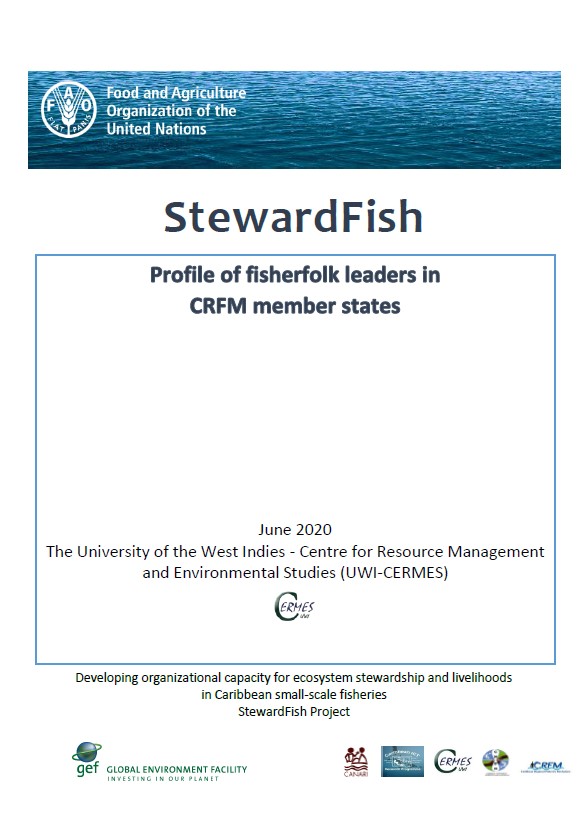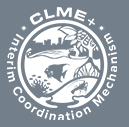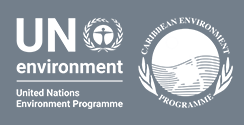
StewardFish Profile of fisherfolk leaders in CRFM Member States
Organizational leadership is one of the most important roles of both women and men in the fishing industry. Empowerment of fisherfolk organization and strengthening or development of their capacity, especially in relation to leadership, is important to the successful implementation of the 2014 Voluntary Guidelines for Securing Sustainable Small-Scale Fisheries in the Context of Food Security and Poverty Eradication (SSF Guidelines) and the realization of sustainable fisheries and stewardship. UWI-CERMES undertook fisherfolk organization leader assessments in fisherfolk organizations in each of five StewardFish project countries – Antigua and Barbuda, Saint Lucia, Barbados, St. Vincent and the Grenadines, and Belize - for developing a leadership profile to better understand gaps in leadership competencies in the region. Thirty-six leaders (8 women and 28 men) were interviewed across twenty-one fisherfolk organizations of three governance level types (primary, national and regional). Fisherfolk organizations are male dominated. The findings of the leadership survey show that there are many more men than women in leadership roles in the fishing industry in CRFM Member States. Leadership in fisherfolk organizations tend to be held by mature women and men between the ages of 50-59 years old, and are predominantly devoid of youth. Both women and men first take up leadership positions in fisherfolk organizations in their mid- to late forties, but women assume leadership roles earlier than men; typically after being in the fishing industry for under ten years. On average men spend twice as long in leadership positions than women. Leaders take on leadership roles for both altruistic and self-enhancing reasons. Fisherfolk organization leaders currently face and anticipate numerous and diverse challenges that are primarily internal or mainly organizational (?), and external due to shocks and pressures that provide potential threats to the success of fisherfolk organizations. Good leadership of fisherfolk organizations is fundamentally important to the success of collective action of small-scale fishers in achieving local, national and even regional successes with respect to management, policy and stewardship in the fishing industry. Our work contributes to a baseline of knowledge on fisher organization leaders in the region. It confirms some already known information on fisherfolk organizations, documenting this and new information.
 3
3


 Report issue
Report issue






















